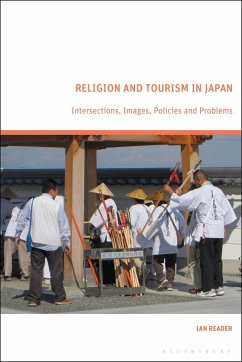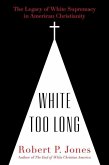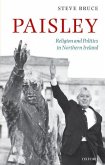In this study, Ian Reader presents new insights into the relationship between religion and tourism more generally and into the contemporary religious situation in Japan. He counteracts scholarship that claims tourism increases religious activity, shows that tourism is a factor in increasing secularization in Japan and draws attention to the role of the state in such contexts. Although the Japanese constitution prohibits the state from promoting religion, this book shows how state agencies nonetheless encourage people to visit religious sites, by presenting them as manifestations of a shared heritage, in ways that distance them from 'religion'. Reader examines theoretical understandings of religion and tourism and presents case studies of famed pilgrimage routes and temples. He shows how Zen monasteries are now 'tourist brands' and pilgrimages are the focus of TV entertainment programmes, portrayed as opportunities to eat sweets. Examining the nationalistic rhetoric of nostalgia and unique heritage that underpins the promotion of religious sites, Reader also considers why priests acquiesce in such matters.








